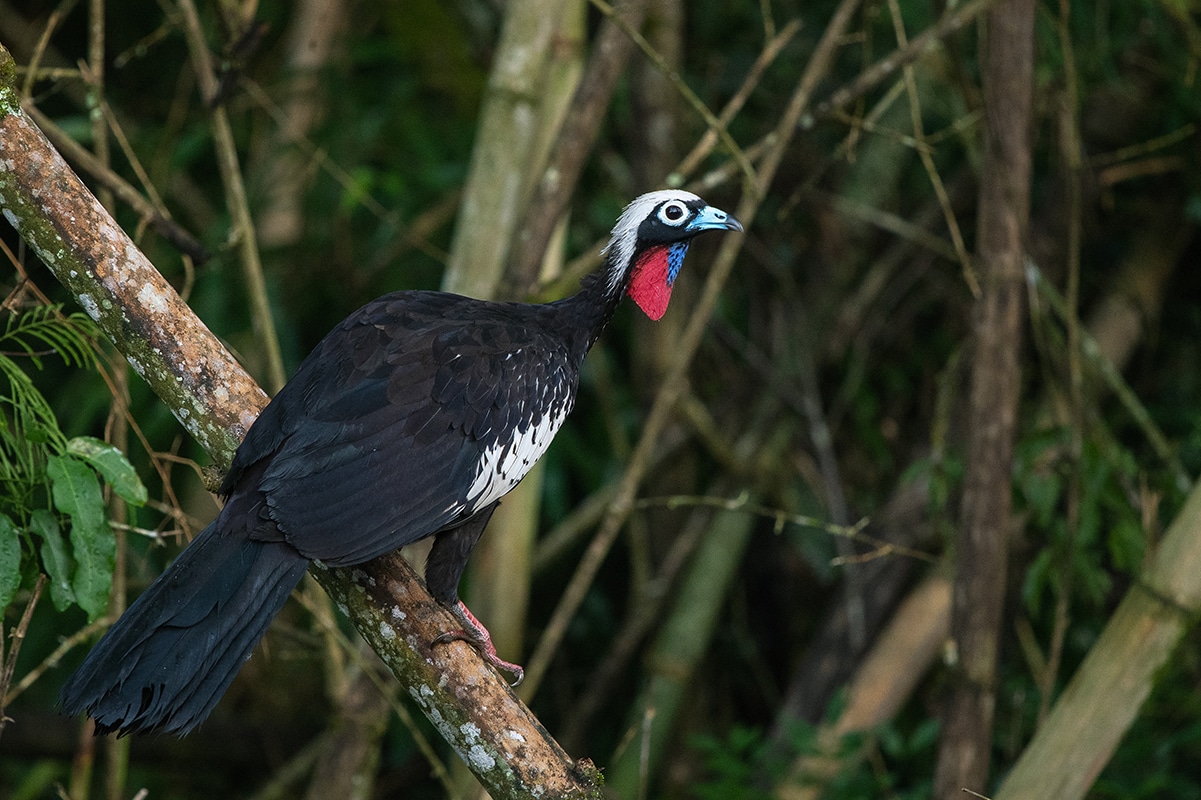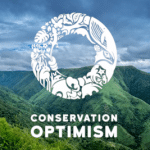Wondering what went right this week in the conservation world? We’ve got you covered with our Conservation Optimism Round-Up! We are collating stories of optimism from around the globe so that you never miss your dose of weekly motivation.
1. Reintroducing bison results in long-running and resilient increases in grassland diversity according to new PNAS paper
“Reintroducing bison into grassland prairies can increase native plant species richness by 86% compared with ungrazed areas, a study in the Flint Hills region of Kansas suggests.”
#ConservationOptimism https://t.co/Pji5cjwzQe
— Erle Ellis (艾尔青) (@erleellis) September 5, 2022
2. Stamping out invasive species has successful track record on islands, study finds
“A recent study published in the journal Scientific Reports found that efforts to remove invasive vertebrates from islands were 88% successful between 1872 and 2020.”
3. Pine marten spotted in London for first time in more than a century
“This particular pine marten was caught on camera in a woodland in south-west London where cameras were installed by the Zoological Society of London (ZSL) as part of the London HogWatch project to monitor and conserve the capital’s hedgehog population.”
Amazing news for pine martens! #conservationoptimism 🐾🤎 https://t.co/AGXI8Oa1vk
— Clare Simm (@claraesse) September 8, 2022
4. Jacutingas have been reintroduced to the Atlantic Forests of the Serra da Mantiqueiral in Brazil as part of a long-term rewilding program
“This video, recorded on the 5th of July, shows the transport of three of our jacutingas (one male and two female), which were taken to São Francisco Xavier (SP).”
5. The Republic of the Congo announced the creation of the country’s first Marine Protected Areas
“The Congo Government, with the support of the Wildlife Conservation Society (WCS) and other organizations, officially announces the creation of the country’s first three Marine Protected Areas (MPAs), protecting marine resources and coastal habitats across more than 4,000 square kilometers (1,544 square miles) and representing 12.01 percent of Congo’s Exclusive Economic Zone (EEZ).”
Republic of the #Congo has designated their first #Marine #ProtectedAreas, conserving over 4,000 sq km of #ocean habitat for #turtles, #whales, and #sharks!#blueplanet #nature #wildlife #biodiversity #conservationoptimism #conservation #LetNatureThrivehttps://t.co/qptm46oHOW
— Global Conservation Solutions (@_GCS_) September 9, 2022
6. The Iris Project announced its three winners
Congratulations to Sam Bencheghib from Indonesia (Iris Prize), Steve Misati from Kenya (Stem Prize), and Maria Kameta from Malawi (Seed Prize).
“The winners receive grant-funding, peer-to-peer mentorship and bespoke capacity building training to help with the development of their project.”
7. The Noongar people shared culturally-significant species with the Narungga people to help restore Country in a powerful cultural gesture
“It was the first of 36 jet-setting bettongs released on South Australia’s Yorke Peninsula (Guuranda) in June as part of the groundbreaking Marna Banggara project, during a whirlwind 48-hour operation that will resonate for generations. “Each and every one will leave a footprint on our Country,” said Garry Goldsmith, from the Narungga Nation Aboriginal Corporation. “The reintroduction of these bettongs starts to bring Country back to where it should be. You can then see what it means to have healthy Country – Marna Banggara.”
Woylies become bettongs! Witness the powerful cultural gesture of the Noongar people (WA) sharing this culturally-significant species with the Narungga people (SA) to help restore Country.#MarnaBanggara #Landcare #RewildingAustralia #RegenerateAustralia @dcceew
— WWF_Australia (@WWF_Australia) August 23, 2022
Have a story to share for our weekly round-up? Use #ConservationOptimism on Twitter, Facebook, LinkedIn and Instagram!


